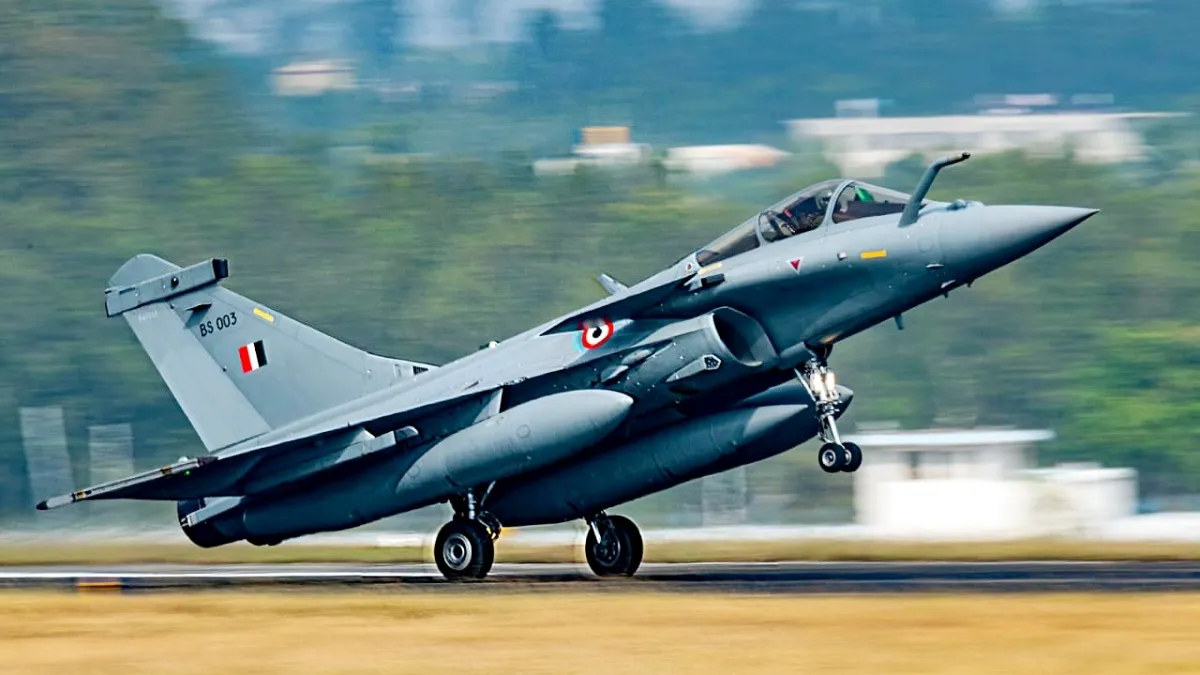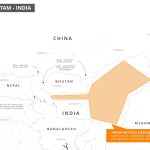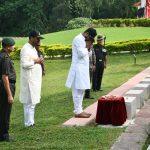The Ministry of Defence has received a formal proposal from the Indian Air Force (IAF) for the acquisition of 114 indigenously manufactured Rafale fighter jets. The mega defence deal, estimated to be worth over ₹2 lakh crore, will involve French aerospace giant Dassault Aviation in partnership with Indian defence firms, ensuring more than 60% indigenous content.
According to defence officials, the “Statement of Case” prepared by the IAF has been submitted to the ministry and is currently under examination by various departments, including Defence Finance. The proposal will soon be placed before the Defence Procurement Board (DPB), headed by the Defence Secretary, and subsequently moved to the Defence Acquisition Council (DAC).
If cleared, this would become India’s largest-ever defence procurement project. Once inducted, the IAF’s Rafale fleet will expand to 176 fighters, adding to the 36 aircraft already in service and the 36 ordered by the Indian Navy through earlier government-to-government agreements.
The push for additional Rafales comes in the backdrop of their proven combat performance during Operation Sindoor, where the jets, equipped with the advanced Spectra electronic warfare suite, outperformed Chinese-origin PL-15 air-to-air missiles and struck high-value targets in Pakistan with precision.
The new batch of Rafales is expected to feature enhanced capabilities, including long-range air-to-ground missiles surpassing the Scalp systems currently in use. Additionally, Dassault is working on establishing a Maintenance, Repair and Overhaul (MRO) facility for Rafale’s M-88 engines in Hyderabad, further boosting India’s aerospace ecosystem.
Indian defence firms, including Tata, are likely to play a major role in the manufacturing process. With the IAF facing pressing requirements to strengthen its combat fleet amid rising regional threats, the induction of Rafales, alongside Su-30 MKIs and the upcoming LCA Mark1A jets, is expected to form the backbone of India’s future air power.
India has already placed an order for 180 LCA Mark1A fighters and plans to induct its indigenous fifth-generation fighter aircraft in significant numbers beyond 2035.













